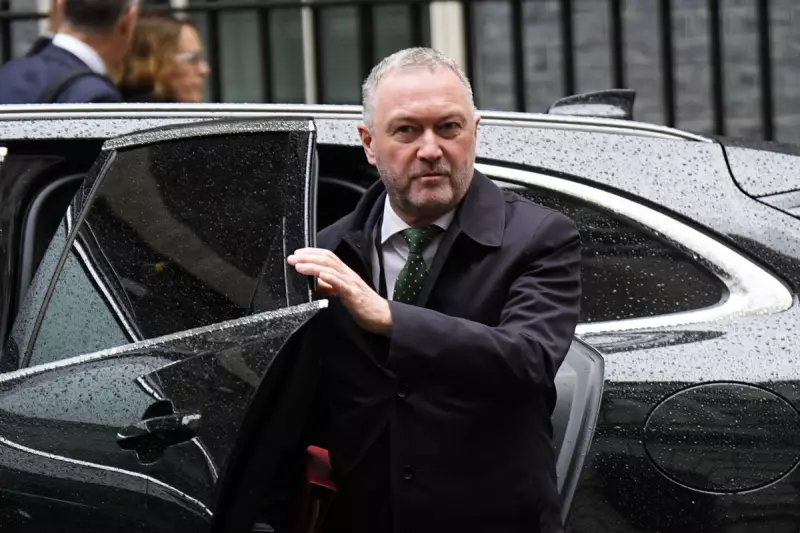
Communities Secretary Steve Reed has robustly defended the Labour government's controversial plans to overhaul the UK's asylum system, stating that "every single" Labour MP was elected on a manifesto commitment to secure the country's borders.
Defending the reforms
The defence comes amid a significant backlash from within the party's own ranks. Speaking to media outlets on Tuesday 18 November 2025, Mr Reed expressed absolute pride in being part of Sir Keir Starmer's administration, which is introducing a package aimed at deterring migrants from seeking asylum in the UK and simplifying the removal of those without the right to remain.
However, the proposals, announced by Home Secretary Shabana Mahmood, have been publicly condemned by some Labour backbenchers. Critics within the party have accused the government of echoing the rhetoric of Nigel Farage's Reform UK.
Mr Reed specifically addressed one of the most contentious elements: the potential deportation of families, including children, whose asylum claims have been denied and who refuse voluntary return payments. He stressed that families would not be separated under the new system.
"We know that we need more safe and legal routes so that families who have the right to come here and seek asylum can get into the country," Mr Reed told Times Radio, adding, "but we can’t continue to allow incentives to exist that result in children drowning in the Channel."
Financial incentives and internal dissent
While not specifying the amount, the Communities Secretary defended the policy of increasing cash incentives for failed asylum seekers to leave, stating it was "perfectly reasonable" and, in the long run, cheaper for the British taxpayer.
When confronted with accusations that the government was pandering to Reform, Mr Reed acknowledged a "range of views" but asserted that the vast majority of Labour members and MPs recognise the need to address the issue due to the harm it inflicts on the country and social cohesion.
He firmly rejected the suggestion that critical Labour backbenchers should join the Green Party, reiterating the shared manifesto commitment to border security.
The internal opposition is vocal. Former Labour frontbencher Richard Burgon labelled the policy as scraping the "bottom of the barrel," while Ian Lavery questioned the government's direction. Stella Creasy warned the plans would leave refugees in "a permanent sense of limbo," and Nadia Whittome called it "shameful." Simon Opher urged the party to "stop the scapegoating of immigrants." Despite this, only around 20 of the more than 400 Labour MPs have so far publicly opposed the overhaul.
Key changes to the asylum system
The government's comprehensive plan includes several major shifts in policy. The initial grant of stay for refugees will be reduced from five years to a 30-month "core protection" status, renewable only if it remains unsafe for them to return. The path to settled status will be extended dramatically, from five years to 20 years.
Furthermore, refugees under this core protection will have no automatic right to family reunion. The government will also remove the guarantee of housing and weekly allowances for asylum seekers, requiring those who can work or have assets to contribute to their costs. The measures also include provisions for the enforced return of families with children who have no right to remain in the UK.
In her statement to MPs on Monday, Home Secretary Shabana Mahmood presented an "uncomfortable truth," arguing that the UK's comparatively generous asylum offer is a pull factor. She warned that failing to deal with the crisis risks destabilising communities and fuelling division, potentially drawing people down "a path that starts with anger and ends in hatred."
The opposition was quick to respond. Tory leader Kemi Badenoch argued the measures do not go far enough, insisting that leaving the European Convention on Human Rights (ECHR) is a necessary step. Reform UK's head of policy, Zia Yusuf, echoed this sentiment, dismissing Labour's plans as "half measures" and also calling for an exit from the ECHR.





